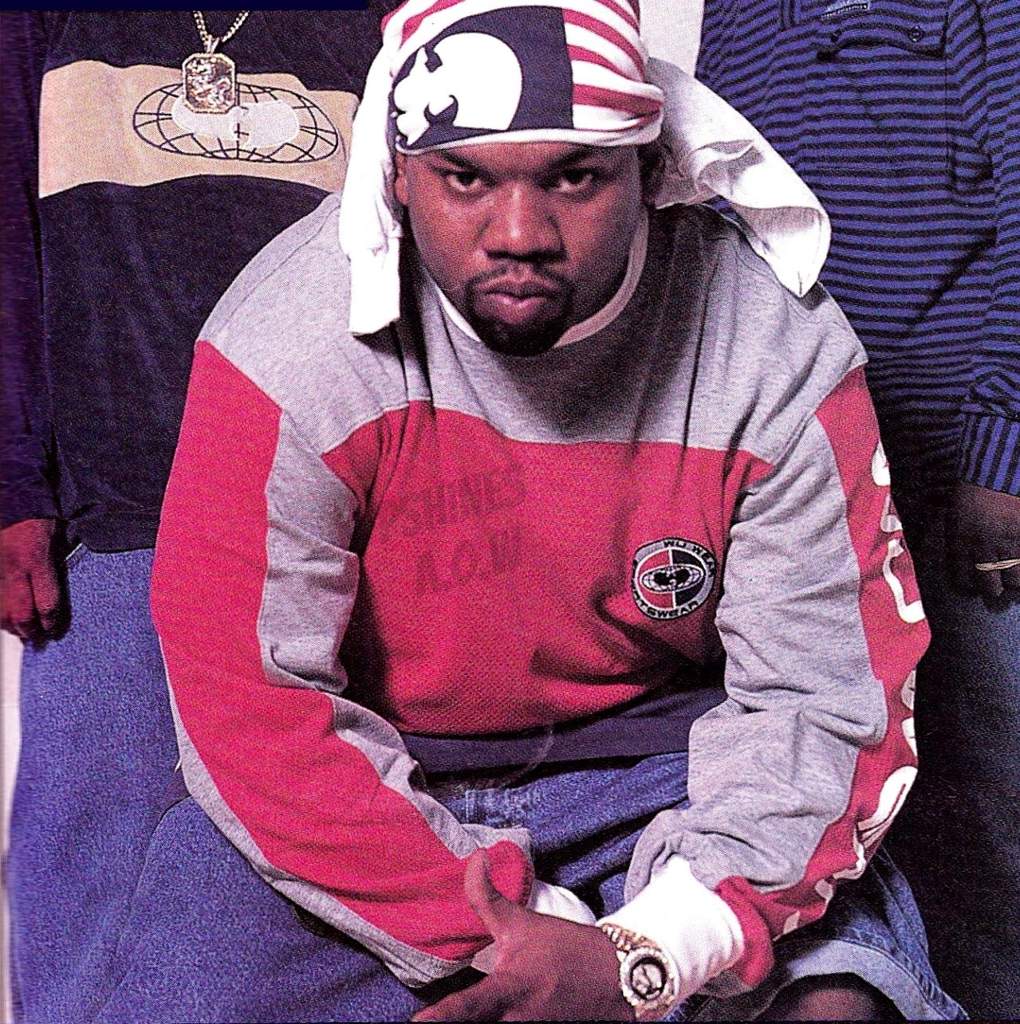
However, anti-annexationists in Congress had incorporated the Teller Amendment in the 1898 war resolution authorizing President William McKinley to take action against Spain in the Spanish-American War. military occupation of the island was to end, the United States needed some method of maintaining a permanent presence and order. The United States Government had intervened in Cuba in order to safeguard its significant commercial interests on the island in the wake of Spain's inability to preserve law and order. The rationale behind the Platt Amendment was straightforward. (This clause ultimately led to the perpetual lease by the United States of Guantánamo Bay.) Finally, the amendment required the Cuban Government to conclude a treaty with the United States that would make the Platt amendment legally binding, and the United States pressured the Cubans to incorporate the terms of the Platt Amendment in the Cuban constitution.

The United States also reserved the right to intervene in Cuban affairs in order to defend Cuban independence and to maintain "a government adequate for the protection of life, property, and individual liberty." Other conditions of the Amendment demanded that the Cuban Government implement plans to improve sanitary conditions on the island, relinquish claims on the Isle of Pines (now known as the Isla de la Juventud), and agree to sell or lease territory for coaling and naval stations to the United States. The Platt Amendment's conditions prohibited the Cuban Government from entering into any international treaty that would compromise Cuban independence or allow foreign powers to use the island for military purposes. forces and the transfer of sovereignty would begin. The Platt Amendment laid down eight conditions to which the Cuban Government had to agree before the withdrawal of U.S. army appropriations bill, established the terms under which the United States would end its military occupation of Cuba (which had begun in 1898 during the Spanish-American War) and "leave the government and control of the island of Cuba to its people." While the amendment was named after Senator Orville Platt of Connecticut, it was drafted largely by Secretary of War Elihu Root. The Platt Amendment, an amendment to a U.S. Each of the rapper’s first five albums, from Ironman to 2006’s critically acclaimed Fishscale, went Top 5 on the Top R&B/Hip-Hop Albums chart.The United States, Cuba, and the Platt Amendment, 1901.1 on Billboard’s Top R&B/Hip-Hop Albums chart and went platinum. After a supporting role on Wu bandmate Raekwon’s 1995 album Only Built 4 Cuban Linx…, Ghostface made his solo debut with 1996’s Ironman.Ghost is the first rapper you hear on Wu-Tang’s classic 1993 debut Enter the Wu (36 Chambers).The name Ghostface comes from the 1979 kung-fu film Mystery of Chessboxing, while the rapper’s alias Tony Starks nods to the Marvel superhero Iron Man.

Rumors suggested he was wanted for robbery, but the mask was just part of his persona. During Wu-Tang’s early years, Ghostface Killah would cover his fast with a stocking cap.With his unconventional delivery, gritty storytelling, and offbeat sense of humor, Wu-Tang Clan rapper and solo star Ghostface Killah is among the most respected MCs of all time.


 0 kommentar(er)
0 kommentar(er)
